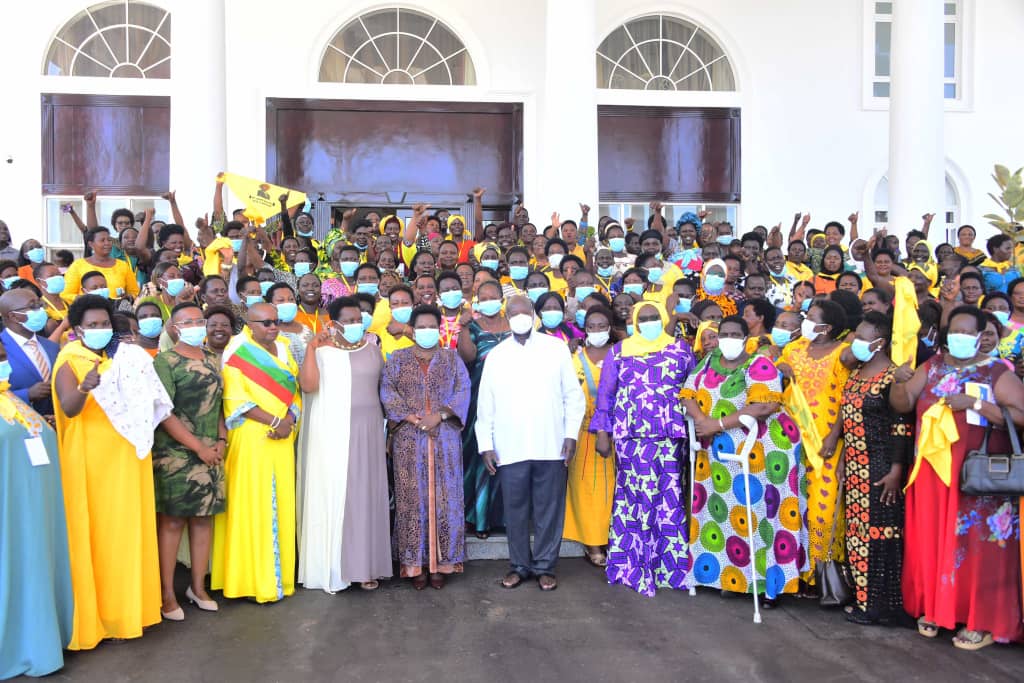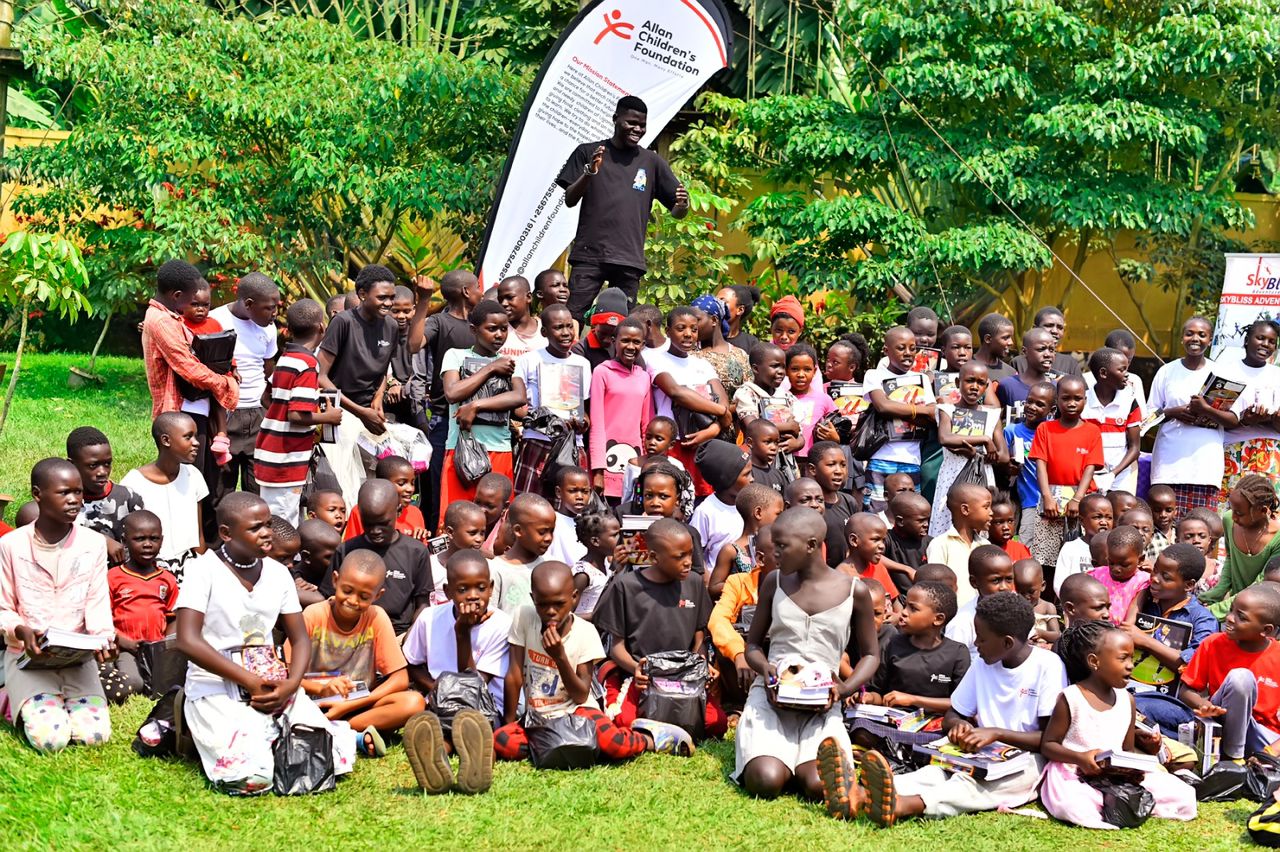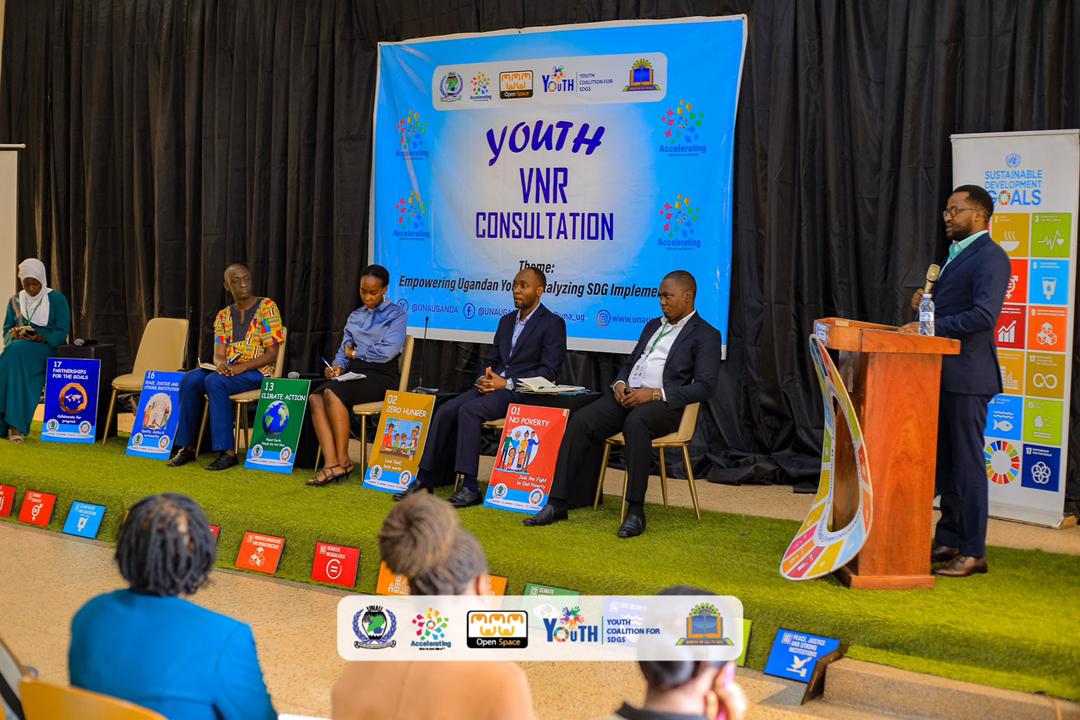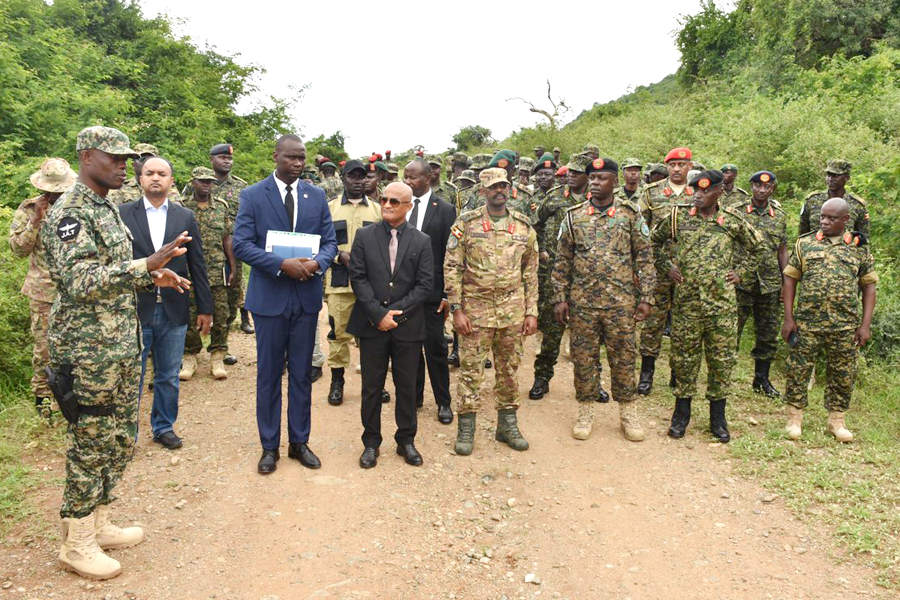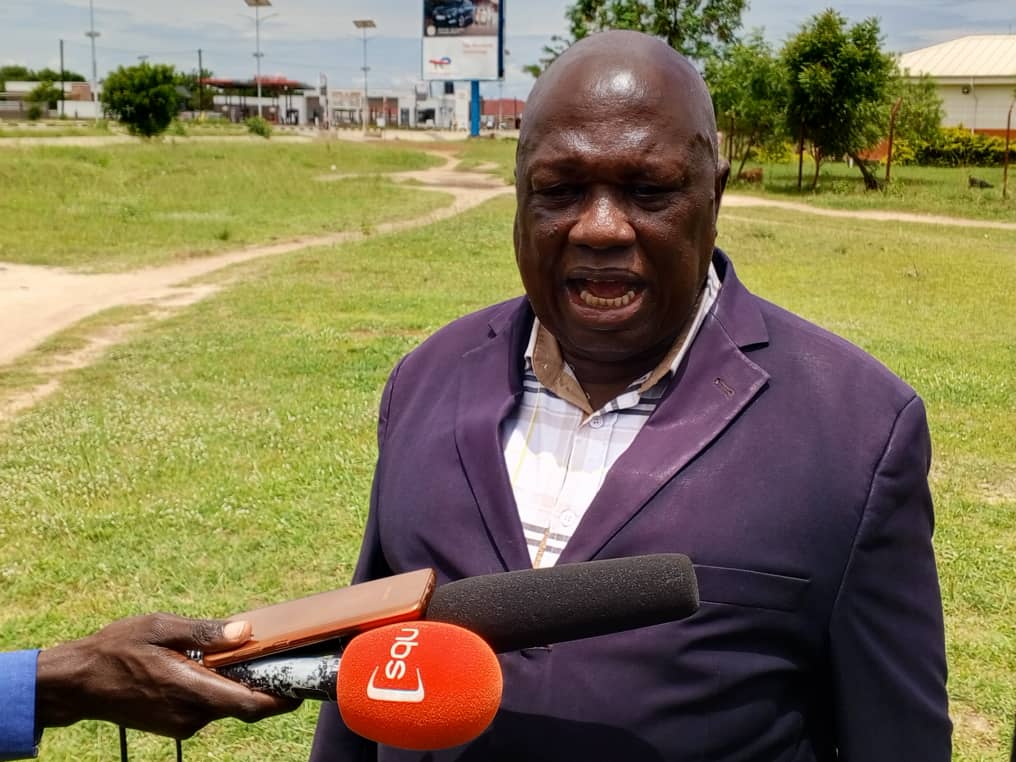ACID ATTACKS: Women in central region more likely to be targeted
Women in central Uganda are more susceptible to acid attacks, than in any other region in Uganda, a report from Hope Care Rescue Mission (HOCRM) has revealed.
The report titled “Situational Analysis report for the Acid Violence in Uganda” was launched on Tuesday.
Keep Reading
The report based on studies on acid violence in Uganda, that were conducted between September 10 and November 10.
Researchers interviewed 157 activists, acid survivors, doctors and leaders at different levels and found out that 68 percent of all acid survivors samples were female, with majority in the central region.
Central region had 53 percent of all acid attacks, closely followed by the eastern region with 24 percent, while the west contributed 18 percent of all acid attacks.
The northern region was the least with only 5 percent.
At least 61 percent of all the acid survivors interviewed were women below the age of 41.
The report recommended that acid attackers should be dealt with the law, and denied bail if found guilty because the act is similar to murder and attempted murder which are capital offences.
Linnet Karungi, an acid survivor herself and a founder of the HOCRM said that they found out that at least 84 percent of al acid attacks are a result of “crimes of passion” in mostly intimate relationships.
Karungi said acid violence in Uganda remain a huge problem, affecting lives of young girls, women, men and innocent children yet it is not widely discussed.
Karungi urged government to put in places strict laws and regulate access to acid because it has been used to deform and kill innocent people.
“The lack of clear penalties for for the perpetrators makes acid the cheapest weapon of war, unlike guns which are well regulated to the extent that you can not just own it, acid, which has the potential of finishing one’s life is not regulated,” Karungi said.
Karungi said that many acid perpetrators manage to bribe the judicial system and regain their freedom yet their victims suffer lifetime injuries.
Maxime Houinato, the UN Women Country Representative supported Karungi’s recommendations and reiterated the need to regulate acid use and importation.
The UN representative also said that there is need to create awareness against the stigma suffered by acid survivors, because many are discriminated against in many sectors.
Government representative at the dialogue, Douglas Nkonge who is the Assistant Commissioner Occupational Safety at the Ministry of Gender said that government is committed to end all forms of violence by 2030.
Nkonge said that there is an action plan to make strategic interventions.





